Claudia López Lloreda

Trustworthy journalism comes at a price.
Scientists and journalists share a core belief in questioning, observing and verifying to reach the truth. Science News reports on crucial research and discovery across science disciplines. We need your financial support to make it happen – every contribution makes a difference.
All Stories by Claudia López Lloreda
-
 Health & Medicine
Health & MedicineElderly cats with dementia may hold clues for Alzheimer’s
Immune cells in aging cat brains with amyloid beta destroy nerve endings, mimicking the progression of Alzheimer’s disease in humans.
-
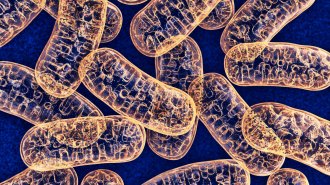 Neuroscience
NeuroscienceMitochondria can sneak DNA into the nuclei of brain cells
An analysis of tissue samples from nearly 1,200 older adults found that the more insertions individuals had, the younger they died.
-
 Neuroscience
NeuroscienceTwo distinct neural pathways may make opioids like fentanyl so addictive
A study in mice looked at how feelings of reward and withdrawal that opioids trigger play out in two separate circuits in the brain.
-
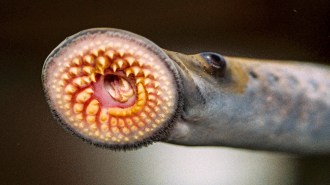 Neuroscience
NeuroscienceLampreys have ‘fight or flight’ cells, challenging ideas about nervous system evolution
The discovery of sympathetic nervous system cells in lampreys draws a closer tie between the animal and complex vertebrates — such as humans.
-
 Neuroscience
NeuroscienceHandwriting may boost brain connections more than typing does
Students asked to write words showed greater connectivity across the brain than when they typed them, suggesting writing may be a better boost for memory.
-
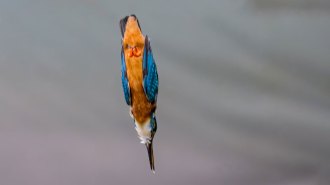 Animals
AnimalsHere’s how high-speed diving kingfishers may avoid concussions
Understanding the genetic adaptations that protect the birds’ brains when they dive for food might one day offer clues to protecting human brains.
-
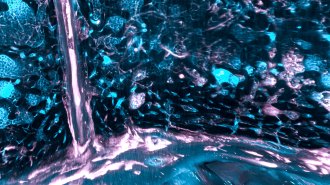 Neuroscience
NeuroscienceBone marrow in the skull could be used to monitor Alzheimer’s, MS and more
New observations of skull cell signals and skull tunnels suggest bone marrow there could be used to monitor neurological diseases.
-
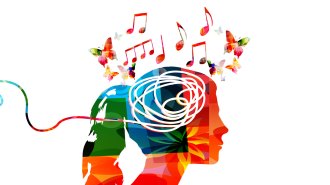 Neuroscience
NeuroscienceNeuroscientists decoded a Pink Floyd song using people’s brain activity
The technique could be used to improve devices that allow communication from people unable to speak.
-
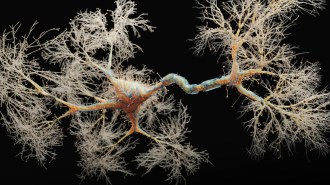 Neuroscience
NeuroscienceAdult mouse brains are teeming with ‘silent synapses’
Nerve cell connections thought to be involved mainly in development could explain how the brain keeps making new memories while holding onto old ones.
-
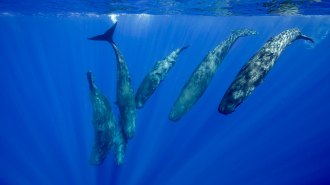 Animals
Animals‘Wonderful nets’ of blood vessels protect dolphin and whale brains during dives
Complex networks of blood vessels called retia mirabilia that are associated with cetaceans’ brains and spines have long been a mystery.
-
 Health & Medicine
Health & MedicineA music therapist seeks to tap into long-lost memories
Alaine Reschke-Hernández is partnering with neuroscientists to figure out how music improves Alzheimer’s patients’ lives.